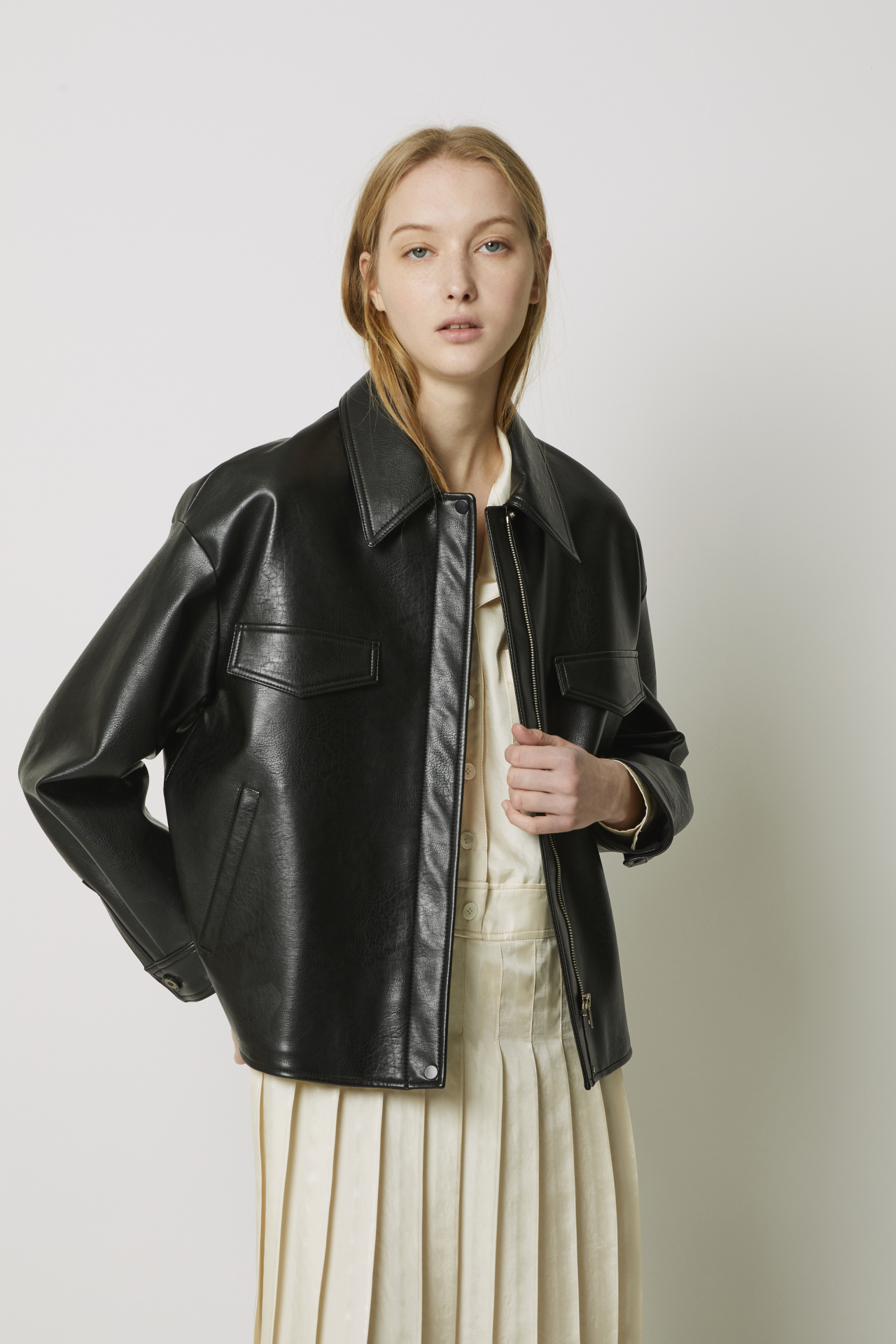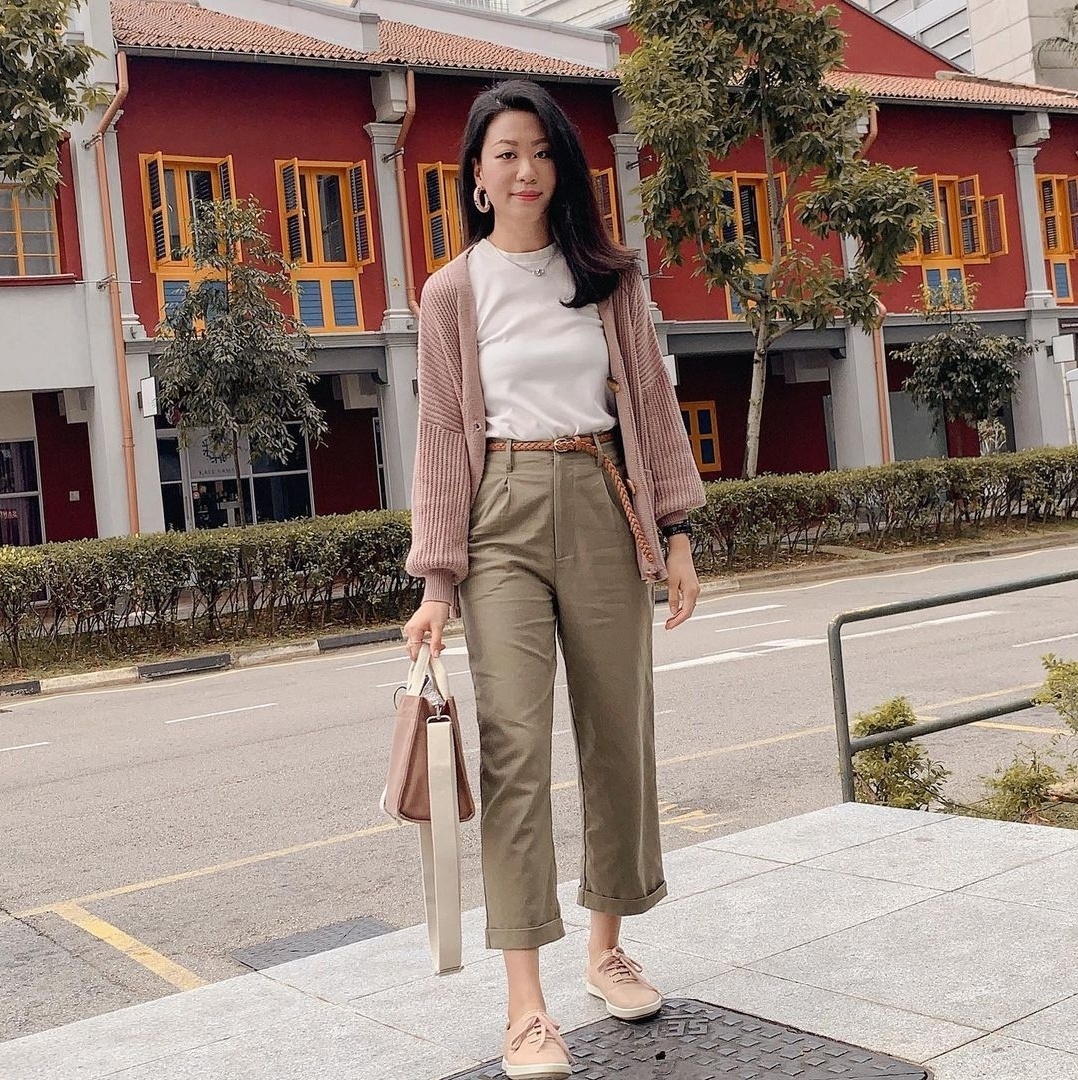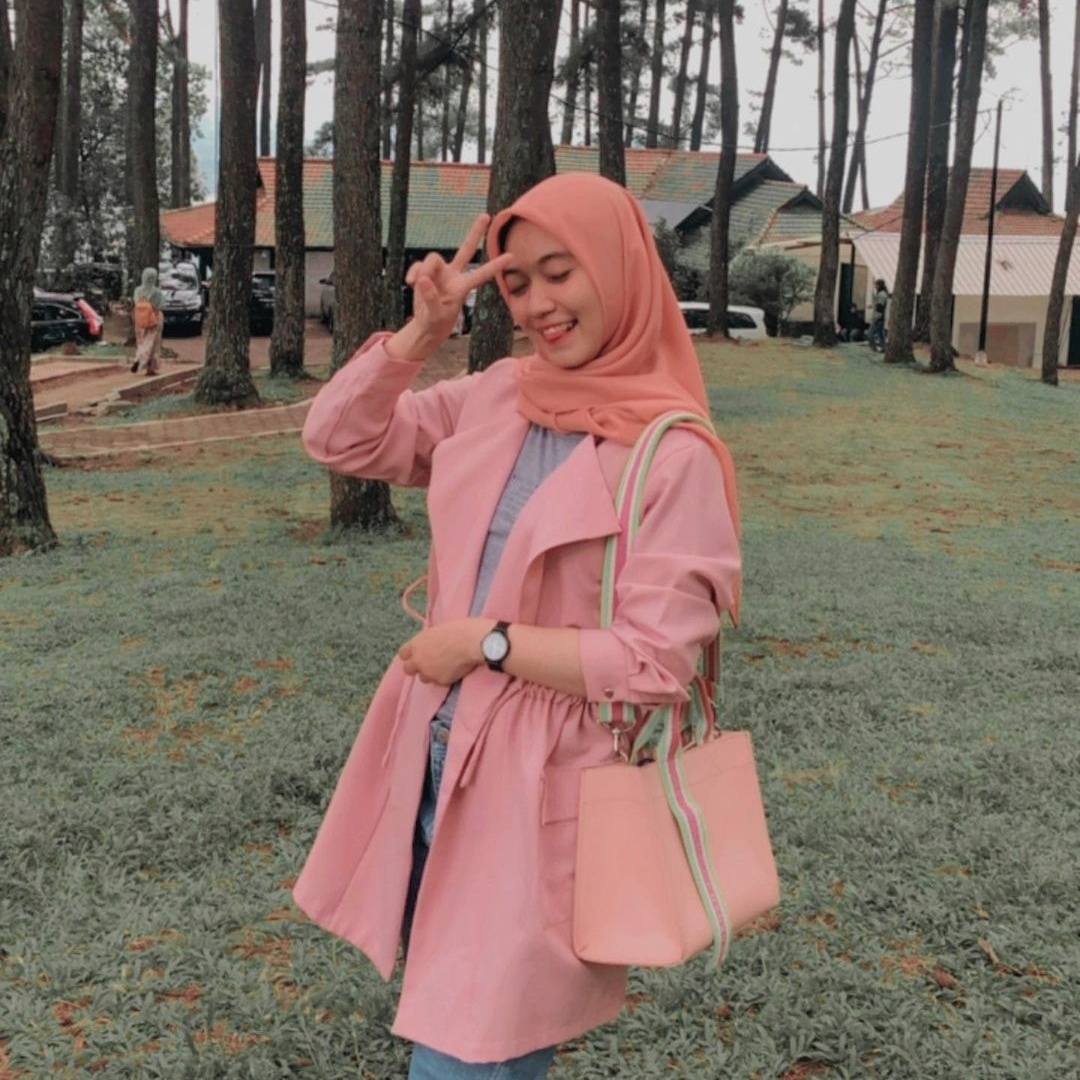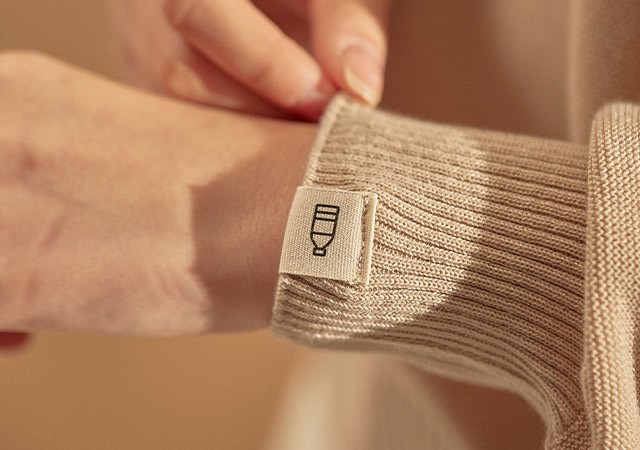[#WeFACE] Eco-friendly materials become popular in fashion
By Song Seung-hyunPublished : March 16, 2021 - 15:26
The Korea Herald is publishing a series of articles on eco-friendly fashion highlighting new fabrics, manufacturing processes and trends that aim to improve environmental sustainability. - Ed.

Roanna Tan from Singapore found out about Korean vegan fashion brand Marhen J from an advertisement on social media Instagram and decided to make a purchase.
The fact that it was made with vegan leather initially drew Tan’s interest but she was also happy with the design and quality.
“Even though the bag uses vegan leather and canvas, it did not compromise on quality!” she said when asked about her experience using the bag. Vegan leather is a type of artificial leather that does not use animal byproducts. The price of vegan leather products are also lower than similar leather products.

Febrika Damayasti from Indonesia also bought a bag from Marhen J.
“I found the brand from an exhibition held at one of the big malls in Indonesia and I decided to buy it online,” Febrika said. “I liked the brand because its design is different from other products.”
Febrika, too, added that she knew that it is a vegan brand when purchasing the item.
Established in 2015 by founder and CEO Cho Dae-young, Marhen J became well-known after celebrities including k-pop girl band Oh My Girl were used as advertising models.
So far, the vegan bag maker has opened popup stores in six different Southeast Asian countries and Taiwan.
Recently the fashion bag producer is trying to expand its business further by introducing new products made with upcycled fabrics and other eco-friendly materials such as apple peel.
Marhen J is not the only Korean company that saw potential in the eco-friendly fashion market. An increasing number of Korean conglomerates are showing interest in using eco-friendly materials in creating fashion items.

Last year, LG Group apparel affiliate LF launched an eco-friendly fashion line under its womenswear brand A.T.Corner.
“Recently, customers’ interest in making ethical choices has increased, so we are launching items that reflect those demands,” LF spokesperson Yang Won-seok told The Korea Herald.
Among the products available at A.T. Corner are jeans made with sustainable textile Bossa Denim from a Turkey-based company and vegan leather jackets.
“Bossa Denims are produced in strict compliance with eco-friendly production processes,” Yang said. He added that the Turkish company uses fibers obtained from plastic bottles and that naturally occurring chemicals are used in an environmentally-friendly dyeing process developed by the company.
Meanwhile, textile and chemical conglomerate Hyosung has developed eco-friendly fibers for creating fashion items.
Last Wednesday, Hyosung and local fashion brand Pleatsmama jointly launched items such as shorts, joggers and hoodies that are made with “Regen Seoul,” the fibers obtained from recycling plastic bottles.
Hyosung and Seoul City have signed an MOU for the manufacturer to receive used plastic bottles collected from a number of districts in Seoul.
In February last year, Hyosung and Pleatsmama jointly introduced eco-friendly bags and items of clothing that are made with “Regen Jeju,” fiber created with recycled plastic bottles from Jeju Island.
According to Hyosung, it aims to produce up to 100 tons of “Regen Seoul” fiber by the end of June to meet the growing demand for eco-friendly products.
IT giant Kakao has also jumped on the eco-friendly fashion bandwagon.
In March 2019, the IT company’s commerce affiliate Kakao Commerce launched private brand Maker’s Prime on its platform Kakao Makers, which only sells products by pre-orders, mainly to prevent companies’ inventories from piling up.
Last November, Maker’s Prime started focusing on creating eco-friendly fashion products.

“Our platform Kakao Makers began with the vision of having zero inventory. We found not having inventories is not only financially good for the companies but is also eco-friendly,” a Kakao Commerce spokesperson told The Korea Herald. “We then decided to take it a step farther and more actively conduct eco-friendly business.”
Most of Maker’s Prime’s products are produced using eco-friendly materials or that are made while saving as much water as possible.
Cardigans made with “hanji” using mulberry yarn are among the eco-friendly fashion items available through Kakao’s e-commerce platform.
“Since we don’t have the necessary technology to produce fashion products, we usually join hands with local fashion companies to launch our products,” the Kakao Commerce spokesperson said.
The Korean e-commerce company added that one of the most popular products on its platform so far was the Bottle Sweater, made with fibers obtained from plastic bottles.
“It had a 95 percent customer satisfaction rate,” the Kakao Commerce spokesperson said.
By Song Seung-hyun (ssh@heraldcorp.com)



















![[Today’s K-pop] Treasure to publish magazine for debut anniversary](http://res.heraldm.com/phpwas/restmb_idxmake.php?idx=642&simg=/content/image/2024/07/26/20240726050551_0.jpg&u=)